The generations that represent the largest portion of the population, and more than half of the working population, are also the ones that have grown up on the internet, spend the most time on their smartphones, and use online shopping websites more habitually than any other generation. As a result of this digital revolution and the emergence of both Millennials and Generation Z in the workforce, the landscapes of all industries stand to be completely changed, and Commercial Real Estate (“CRE”) is no exception. Whether it is a demand for larger technological integration within companies, new commercial space preferences, or more modern lifestyle choices, those who manage to get ahead of these new-age trends, instead of, in the words of John Mayer, “waitin’ on the world to change,” will reap the rewards.

According to an article published on Apto, although tech adoption has increased in recent years, the CRE industry is still pretty old school. In fact, during 2017, remarkably the median age of a commercial realtor was 60 years old, a statistic that reflects the dire need for younger talent in CRE. Being that Millennials and Gen Z represent a population that is unrivaled in size and more highly educated than the U.S., average, the benefit of hiring these individuals would, among many things, outweigh the cost of aligning pre-existing business models with the tastes of these up and coming younger generations. For example, more than any previous generation, there has been a push by nearly 75% of millennials to work remotely, specifically by telecommuting – making use of the internet, email, and the telephone to work from home. As this trend continues to grow, existing office spaces will need to be reconfigured, large offices that act as monuments to those occupying them will become a thing of the past, and although the demand for office space will always be there, simply put Millennials and, to a greater extent Gen Zers, will be (paraphrasing the words of the legendary David Bowie) the driving force in making the CRE industry evolve as it “turns and faces the strange” attributable to these “ch-ch-ch-ch-changes!”
Not only has this change in preference influenced where people are choosing to work, but also how people are choosing to work. “Work-life balance is no longer about keeping it even, but a seamless integration between the two” (VTS). Through the adaptation of globalization and technology, the 9-5 has become the 24/7, which feels like, as the Beatles would say, “Eight Days a Week.” However, this extension of the working day has inspired a push for better and better office spaces, although not necessarily in the traditional sense. In order to attract both Millennials and Gen Zers offices are being outfitted with gyms, game rooms, a full pantry and much more. Additionally, due to the aforementioned desire to work remotely and more flexibly, a sharing economy has manifested across industries, but has specifically affected the CRE world. Companies like WeWork are providing temporary and inexpensive workspaces for freelancers and small businesses that do not want to sign expensive 5-10 year leases, but value the work culture and the sense of community that it offers. And, that is just one way that the Millennial mindset is beginning to impact the commercial real estate market.
Leasing REality Brand Ambassadors
If at this point you are channeling Led Zeppelin in their famous song “Stairway to Heaven” and are feeling like these trends are making you wonder why the emerging generations are causing the business world, and more specifically the CRE world, to remain in a constant state of flux; the reason is simple – they are straying from the traditional lifestyle choices of their parents. Typically, Millennials prefer to be in cities, a place where they are less likely to own a car, and therefore demand easy access to public transportation, restaurants and other forms of entertainment. One reason for this development can be attributed to the fact that Millennials are waiting longer to get married, with only 22% of their generation currently married; and as a result, they are living longer in cities instead of moving to the suburbs. This overarching shift in preference, and the desire to be part of a community, has caused an expectation for a workplace with an accessible urban location and luxurious amenities, and this has “impacted all aspects of real estate development strategies, from site selection through the building process” (The Registry).
Millennials and Gen Zers are also impacting the manner in which many retailers and restauranteurs are designing their spaces. To them, channeling arguably THE greatest guitar player of all time, it’s all about the “Jimi” (as in the Jimi Hendrix Experience)! Yes, Millennials and Gen Zers will more often than not want to buy something, but just as if not more importantly, they want to be able to experience something different and inspiring, and not the same old same old! If, in some or many ways, a retailer is able to show a prospective (and credit card wielding) Millennial or Gen Zer the proper mix of exterior and window signage and/or video product presentation combined with a layout of the store itself, it will hopefully make the them feel compelled to nest and hang out for a while for a “metaphysical experience.” For all one knows, they very well may be seduced into joining the party that is the store itself, by flexing the muscular strength of his or her credit card which has been stuck in idle yet burning to come out and play from the far reaches of their handbag or wallet!
By 2025, Millennials are estimated to constitute 75% of the workforce, and for that reason we can expect to see even more shifts and disruptions driven by this ascending demographic in the coming years. It is also important to note that while Millenials have been influenced by older generations, whether that be in the form of coherence or dissent, they have simultaneously become the influencers themselves. Business Insider compares generational change to the seasons; the changes are very gradual but go hand in hand. In the CRE industry, the level of comfort Millennials feel with new technology has made them “quick to embrace electronic solutions for contract management, document sharing, listing management, and even renting and purchasing” (Fundrise). Consequently, it is critical for businesses to find a balance that fits both young workers and older workers. “That’s especially true in the CRE world, where many high level, high performing workers are older and not as familiar with technology as their younger counterparts” (Apto).
View Leasing REality’s 9 “Portable” Commercial Lease Negotiating Theories.
Listen to Real Estate REality Check Podcast today!
For every 118 subscriptions sold in 2018, Leasing REality will donate $2,100 among 14 causes. Subscribe now.




